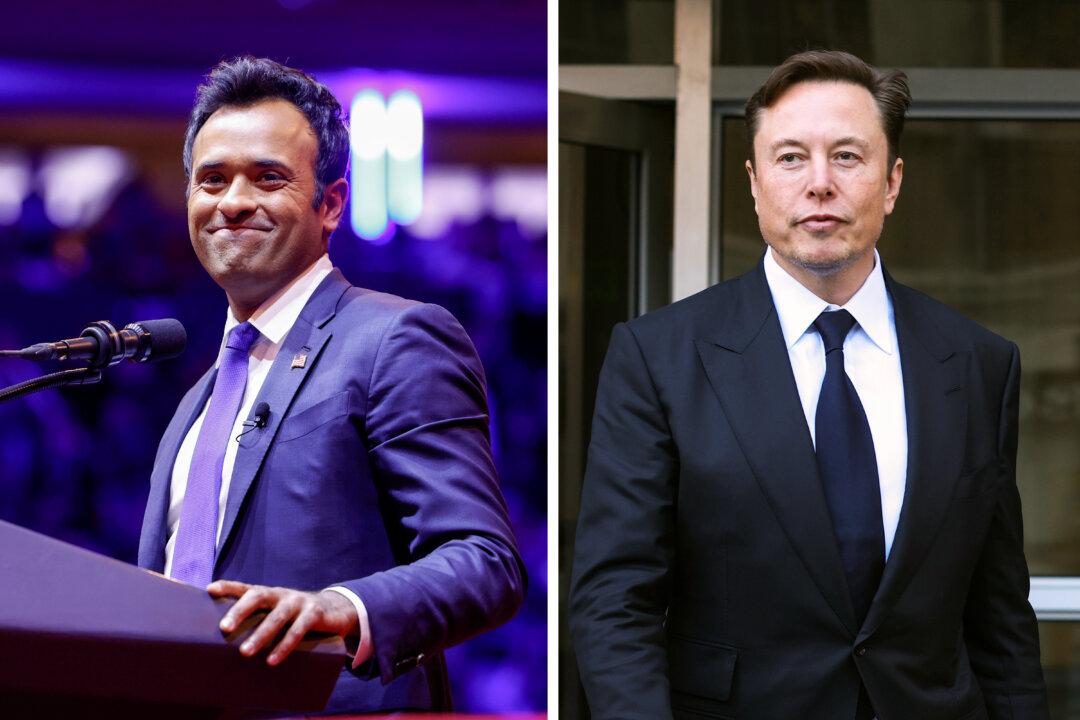Commentary
How many election seasons have come and gone with multiple promises of bringing hope, change, efficiency, accountability, prosperity, and freedom? Regardless of who we elected in the past, it doesn’t seem like anything really changes.

How many election seasons have come and gone with multiple promises of bringing hope, change, efficiency, accountability, prosperity, and freedom? Regardless of who we elected in the past, it doesn’t seem like anything really changes.